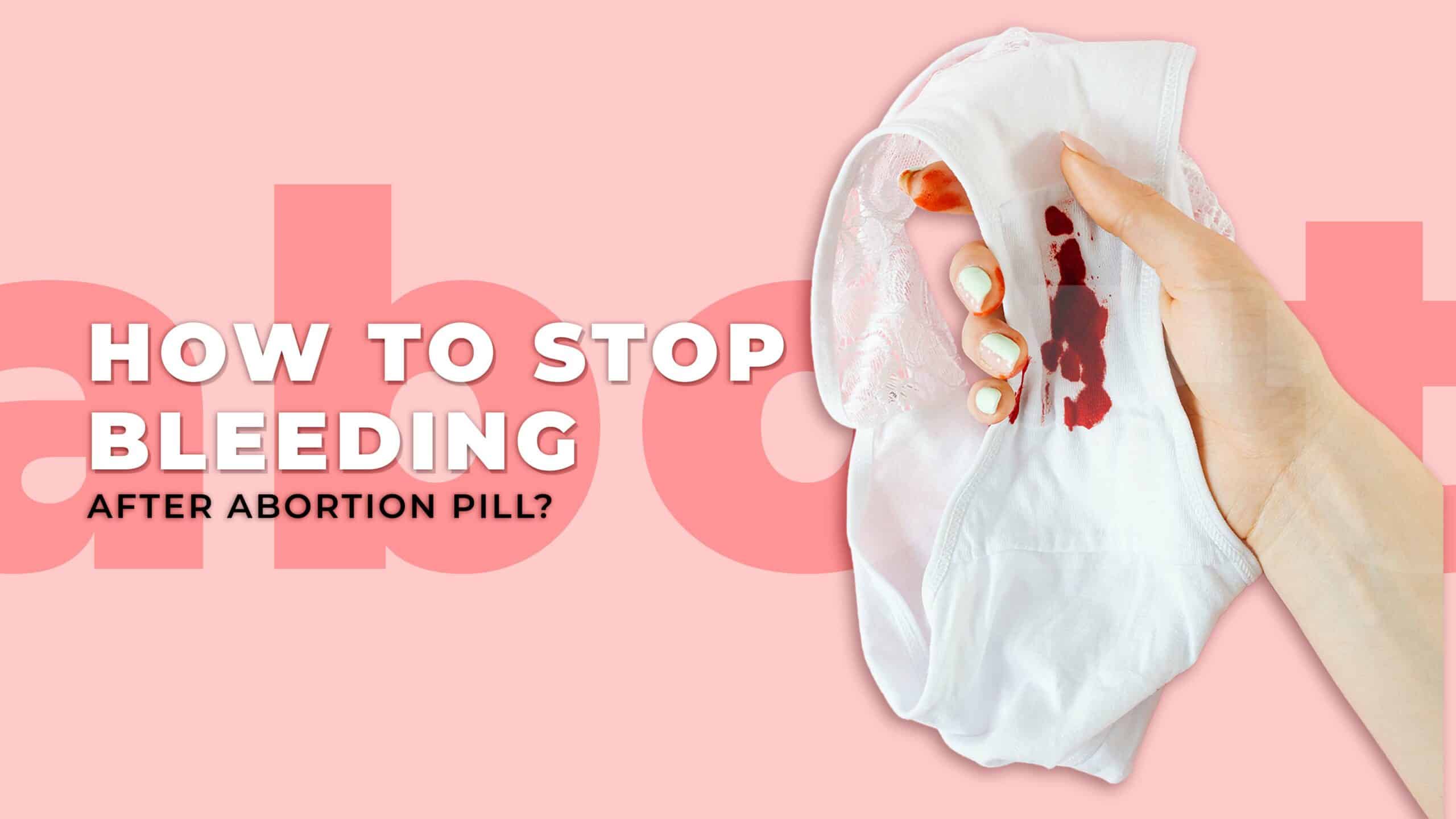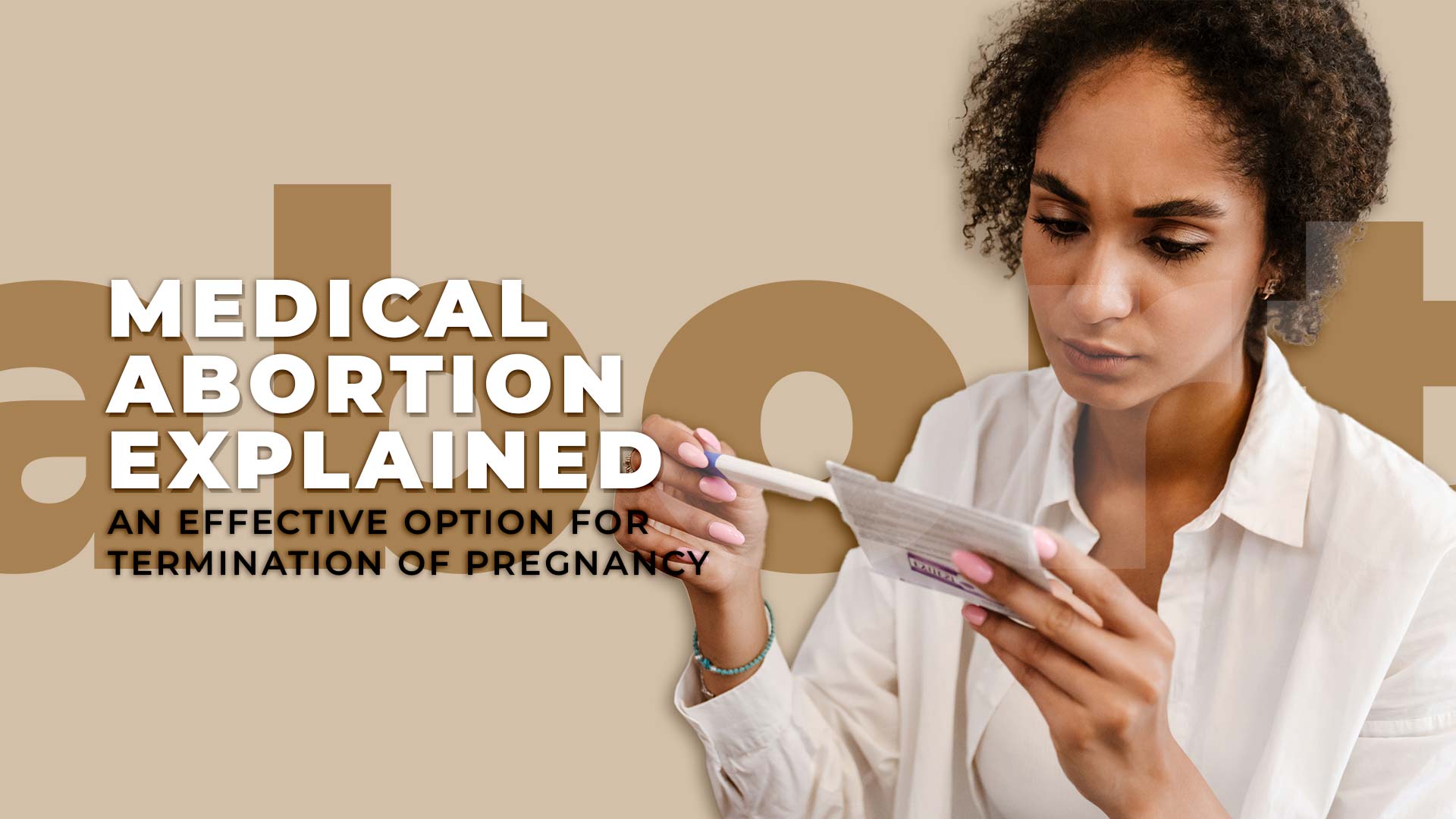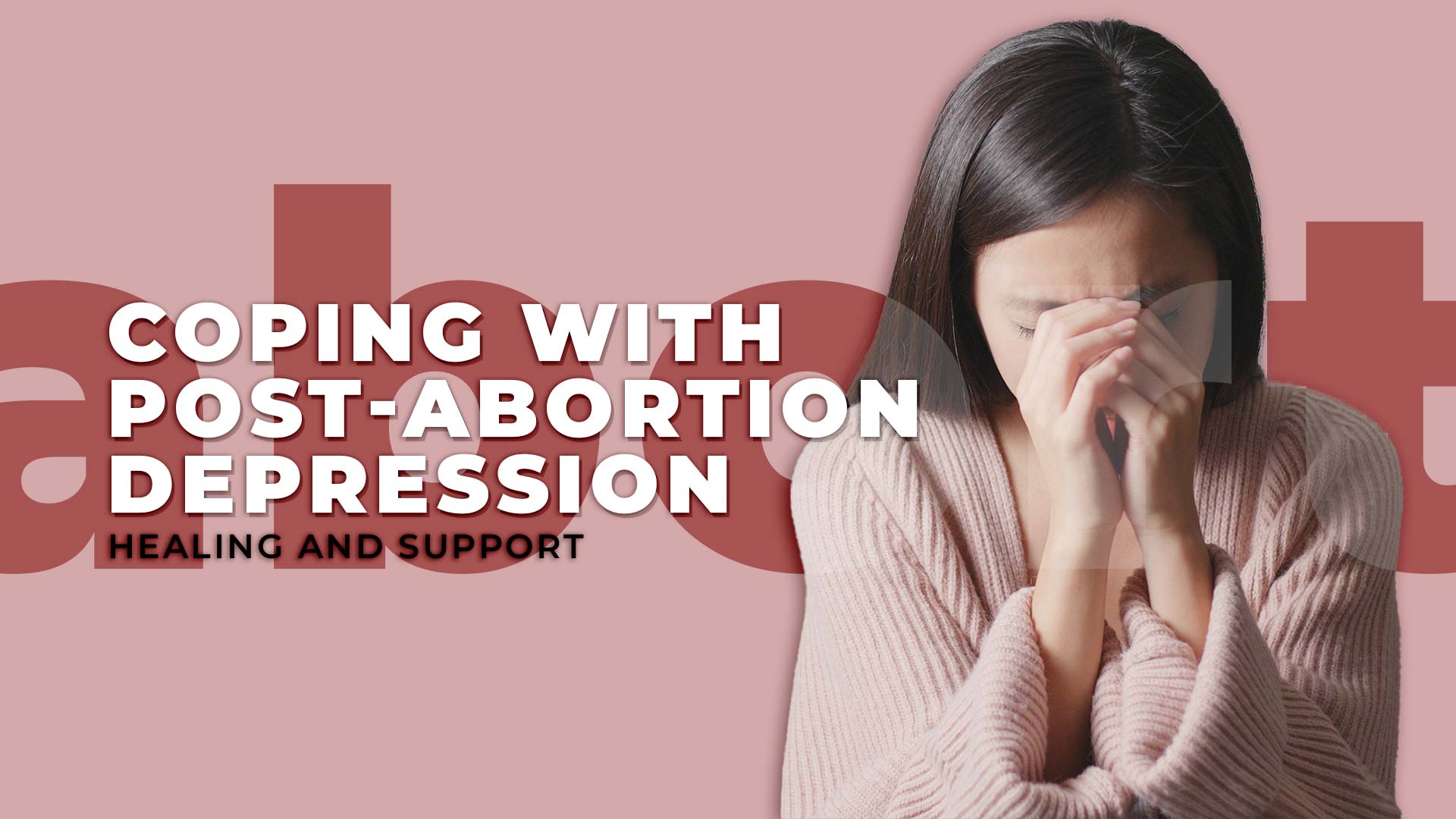As women navigate the complex and deeply personal decision of abortion, it is crucial to acknowledge that this choice can have varying effects on their bodies and emotions. While abortion is considered a safe medical procedure, it can impact hormone levels in ways that might not always be immediately apparent. Hormones play a fundamental role in regulating numerous bodily functions, and any alterations to their delicate balance can lead to an array of physical and emotional changes.
Whether you have recently undergone an abortion or are contemplating one, understanding the potential hormonal ramifications can pave the way for a smoother post-abortion journey. Remember that every woman’s body is unique, and while hormonal imbalances can occur, they are often temporary and treatable.
This article delves into the lesser-known topic of hormonal imbalances following abortion, shedding light on the signs and symptoms that women may experience. We aim to provide valuable insights and empower those who may be facing such challenges with the knowledge they need to recognize, understand, and seek appropriate support.
Understanding Hormonal Imbalance After Abortion
Hormones are vital chemical messengers that regulate various bodily functions, including the menstrual cycle, pregnancy, and overall reproductive health. In women, the endocrine system plays a significant role in maintaining hormonal balance and is intricately linked with the reproductive system. Hormones like estrogen, progesterone, and human chorionic gonadotropin (hCG) have crucial roles in supporting pregnancy and regulating menstruation.
Hormonal fluctuations are natural during an abortion as the body adjusts to the sudden changes in pregnancy-related hormones. After the procedure, hormone levels gradually return to their pre-pregnancy state, but this process can take some time. Common factors affecting hormonal balance post-abortion include the type of abortion, the stage of pregnancy, and individual variations in hormone regulation.
What are the Effects of Abortion on Hormones?
Pregnancy initiates significant hormonal changes to support fetal development and maintain the uterine environment. When an abortion occurs, whether spontaneous or induced, there is a sudden cessation of these hormonal changes. This can lead to hormonal fluctuations, causing changes in mood, menstrual patterns, and overall emotional well-being.
Following an abortion, it may take some time for the menstrual cycle to return to its regular pattern. The delay in menstruation can be attributed to the body’s adjustment after pregnancy termination and the time it takes for hormone levels to stabilize.
Estrogen and progesterone are crucial hormones that play a pivotal role in maintaining the uterine lining and supporting pregnancy. After an abortion, the sudden drop in these hormones can lead to temporary imbalances that may affect the endometrial lining’s development during subsequent menstrual cycles.
The emotional impact of abortion can also influence hormone regulation. Stress, anxiety, and depression, which some women may experience after abortion, can lead to disruptions in the hypothalamic-pituitary-adrenal (HPA) axis, potentially affecting hormone production and regulation.
In the case of medical abortions, the medication used, such as mifepristone, can interfere with the hormone hCG, which is essential for maintaining pregnancy. Subsequently, the sudden drop in hCG levels can trigger a miscarriage-like event.
Signs and Symptoms of Hormonal Imbalance
Physical Impact
Post-abortion hormonal imbalance can have various physical effects on a woman’s body.
This can lead to irregular menstrual cycles, mood swings, and changes in appetite. Some women may experience weight fluctuations or acne breakouts as a result of hormonal shifts. Additionally, post-abortion hormonal imbalance may contribute to fatigue, breast tenderness, and headaches.
While these effects are typically temporary and resolve over time as the body adjusts, some women may experience prolonged imbalances that require medical attention. Monitoring hormone levels and seeking support from healthcare professionals can help manage and alleviate these physical effects, promoting overall well-being and recovery after abortion.
Physical symptoms to watch out for
- Irregular menstrual cycles, such as delayed or heavy periods.
- Breast tenderness or swelling.
- Acne breakouts and skin issues due to changes in sebum production.
- Hair loss or excessive hair growth.
Mental Impact
Hormonal imbalance can have significant mental and emotional effects on individuals. Fluctuations in hormones, such as estrogen and progesterone, can influence neurotransmitters in the brain and lead to emotional shifts.
Common emotional effects of hormonal imbalance include mood swings, irritability, anxiety, and depression. Some individuals may also experience difficulty concentrating, memory problems, and a reduced ability to cope with stress.
Moreover, hormonal changes can impact sleep patterns, leading to insomnia or excessive fatigue, which can further exacerbate emotional distress. It is essential to recognize these emotional effects and seek support from healthcare professionals or mental health specialists to address and manage the underlying hormonal imbalance effectively.
Counseling, lifestyle adjustments, and hormonal therapies are some approaches that can aid in restoring emotional well-being and overall mental health.
Emotional and mental indicators of hormonal imbalance are
- Mood swings, including irritability and anxiety.
- Feelings of sadness or depression.
- Changes in libido, either increased or decreased.
Other Common Side Effects of Abortion
In addition to the potential hormonal imbalances discussed earlier, the abortion pill (medical abortion) can cause a range of other common side effects. These side effects are usually temporary and resolve without complications. Individuals considering a medical abortion should be aware of these potential effects and discuss any concerns with their healthcare provider.
Some common side effects of the abortion pill include:
- Abdominal Pain and Cramping
- Nausea and Vomiting
- Diarrhea
- Headache
- Dizziness or Lightheadedness
- Chills and Fever
- Excessive Bleeding
- Incomplete Abortion
- Emotional Distress
- Infection
How to Balance Hormones After Abortion:
Maintaining a healthy lifestyle can greatly support hormone regulation after an abortion. Consider the following practices:
- Rest and Self-Care: Prioritize rest and engage in self-care practices to help your body recover from the hormonal changes after an abortion.
- Balanced Diet: Consuming a well-balanced diet rich in essential nutrients can support hormone regulation and overall health.
- Regular Exercise: Engaging in regular physical activity can help stabilize hormone levels and improve mood.
- Emotional Support: Reach out to friends, family, or a counsellor for emotional support during this challenging time.
- Seek Medical Advice: If you experience severe or persistent symptoms of hormonal imbalance, consult a healthcare professional for a thorough evaluation and appropriate treatment options.
Can Abortion Pill Cause Hormonal Imbalance?
Yes, the abortion pill, also known as a medical abortion or medication abortion, can potentially cause hormonal imbalances. The abortion pill is a non-surgical method used to terminate an early pregnancy (up to 10 weeks gestation) through the use of medications, typically mifepristone and misoprostol. These medications work together to induce contractions and expel the embryo from the uterus.
During a medical abortion, the hormonal changes that occur mimic a miscarriage. The process involves disrupting the pregnancy hormones, including progesterone, which is essential for maintaining the pregnancy. As a result, the pregnancy is terminated, and the uterus sheds its lining, similar to a menstrual period.
The abrupt cessation of pregnancy hormones and the subsequent hormonal fluctuations after medical abortion can lead to temporary hormonal imbalances. These imbalances can affect various physiological processes in the body, including the menstrual cycle and emotional well-being.
When to Consult a Doctor
If you experience severe or persistent symptoms of hormonal imbalance, it’s essential to consult a healthcare professional. They can conduct a thorough evaluation, offer appropriate treatment options, and address any concerns you may have about your hormonal health.
The Bottom Line
Recognizing the signs of hormonal imbalance after an abortion is crucial for ensuring overall well-being. Understanding the physical and emotional indicators can empower individuals to seek the necessary support and make informed decisions about their health. By adopting a healthy lifestyle and seeking professional guidance when needed, it is possible to restore hormonal balance and promote a smooth recovery after an abortion.
References
- American College of Obstetricians and Gynecologists. Abortion Care.
- BMJ. Abortion.
- Current Psychiatry Reviews. Neurobiological underpinnings of the estrogen – mood relationship.
- International Journal of Women’s Health. Exploring the relationship between maternal circulating hormones and gestational weight gain in women without obesity: A cross-sectional study.
- Obstetrics and Gynecology. Human chorionic gonadotropin in maternal plasma after induced abortion, spontaneous abortion, and removed ectopic pregnancy.
- Lancet. Mifepristone and misoprostol versus misoprostol alone for the management of missed miscarriage (MifeMiso): a randomised, double-blind, placebo-controlled trial.
- SAGE Journals. The abortion and mental health controversy: A comprehensive literature review of common ground agreements, disagreements, actionable recommendations, and research opportunities.
- Caring for yourself after your abortion. (n.d.).
https://www.bpas.org/abortion-care/abortion-aftercare/ - FAQ: Post-abortion care and recovery. (n.d.).
https://www.ucsfhealth.org/education/faq-post-abortion-care-and-recovery




